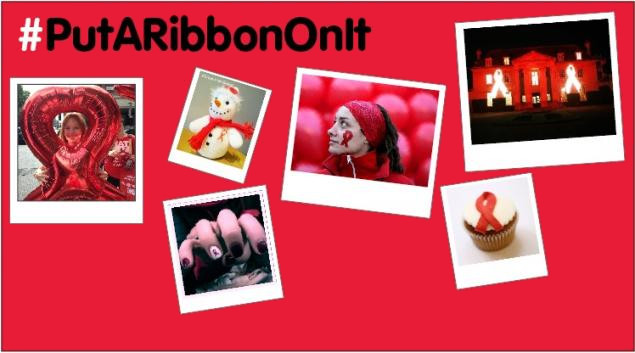Around the world, an estimated 35 million people live with HIV and 1.5 million died of AIDS-related illnesses last year. While new treatments and education are bringing down those rates in many parts of the world, HIV/AIDS remains a huge tragedy for many populations and discrimination against people with HIV/AIDS remains intolerably high.
At CUPE Ontario, we mourn this unnecessary loss of life, and our hearts go out to our members who contract HIV/AIDS. We support the United Nations goal of reaching zero new infections, zero AIDS-related deaths and zero discrimination.
December 1st is World AIDS Day, a day to recognize the continuing scale of the HIV/AIDS crisis and to renew our commitment to fighting for fairness and against discrimination. Today we would like give particular thanks to our members who play a front-line role in the fight to prevent new infections, to put an end to AIDS-related deaths and to stop the discrimination. Our members in health care provide treatment, our members in social services and at AIDS service agencies and in education work to raise awareness and to change conditions that are contributing to the spread of HIV and AIDS.
Statistics Canada estimates that more than 76,000 Canadians live with HIV infection and more than 2000 new cases are diagnosed every year.
This day also marks the beginning of Aboriginal AIDS Awareness Week. In Canada, first nations populations experience HIV infection rates about 3.6 times higher than other Canadians. Many of the root causes for higher HIV and AIDS rates have to do with poverty, which remains unacceptably widespread in first nations communities.
Here in Ontario, the UN’s goal of “Reaching Zero” will be hampered by cuts to public health care and other public services by our federal, provincial and municipal governments. Cuts in health care and social services mean reducing the programs and services that exist to prevent the spread of HIV/AIDS.
In the year ahead, we will fight even harder to protect and enhance the programs needed to end the spread of HIV/AIDS, that support people living with infections, and that help to end discrimination in our communities and workplaces.

